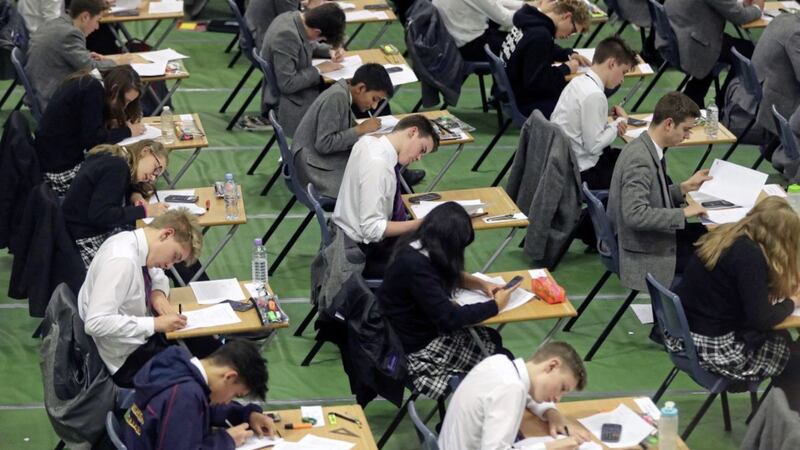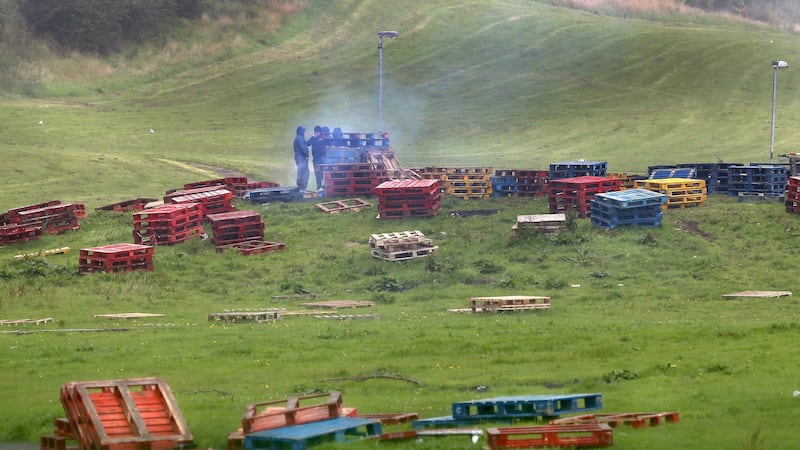AWARDING university places based on predicted grades is "deeply unfair", with some of the most disadvantaged students missing out on higher education, Labour has said.
Ahead of A-level results day on Thursday, the party is calling for "radical action" on higher education admissions.
It said it would scrap university offers based on predicted grades and implement a "fairer" system.
About 25,000 pupils will find out their A-level and AS-level grades on Thursday.
At present, university offers are made before actual grades are known, and predictions can often be wrong.
Labour said it would allow students to apply for university or higher education place only after receiving their A-level results or other qualifications.
It said the current system unfairly penalised disadvantaged students and those from minority backgrounds.
Admissions service Ucas said, however, said it was essential that admissions to higher education remained fair, accurate, and "a vehicle for social justice".
"While a post-results admissions service has a natural appeal, the UK-wide consultation UCAS ran in 2012 showed that, if introduced wholesale within the current timetables, it would be likely to significantly disadvantage underrepresented and disabled students, unless secondary and/or university calendars changed," said Clare Marchant, UCAS Chief Executive.
New figures released on the eve of A-level results day, meanwhile, reveal only 72 per cent of school leavers are planning to go to university.
Almost half (44 per cent) said they did not believe a degree would equip them for the world of work.
With record unconditional offers, almost one third said it was easier to get into university than a decade ago.
Ucas found that the number of unconditional offers made to 18-year-olds from Northern Ireland, England and Wales has risen dramatically in five years.
This means A-levels results are not taken into consideration.
When results are made known this week, they are expected to be broadly in line with previous years in Northern Ireland.
Most pupils sit A-levels offered by the Council for the Curriculum, Examinations and Assessment (CCEA), although papers set by boards in England are also popular.
There are some concerns about a decline in entries in English A-levels.
Geoff Barton, general secretary of the Association of School and College Leaders (ASCL), said he was concerned that students are being put off the subject by reforms to GCSE English qualifications.
It is expected that Thursday's results will confirm provisional data from the watchdog Ofqual which indicated that the number of entries in A-level English subjects has fallen by 13 per cent compared to last year.
ASCL is concerned that the new-look English Language GCSE exam is focused too heavily on analysis of historic texts and that the English Literature exam involves memorising large amounts of content.
"It is right that we should have the highest aspirations for all our students, but this should not equate to turning exams into a joyless slog," Mr Barton said.
"We must address this decline swiftly because A-level English is such an important subject, providing a path to many courses and careers, including the future English teachers we will need in our schools and colleges."
CCEA has set up a dedicated helpline, which will operate from 9am until 5pm, starting today and running until Friday August 30. On A-level results day, it will open from 7am.
Anyone with queries regarding CCEA's examination results can call 028 9026 1260, email helpline@ccea.org.uk, or visit www.ccea.org.uk.







